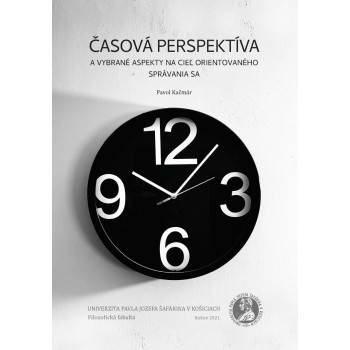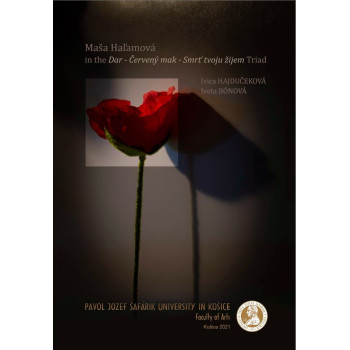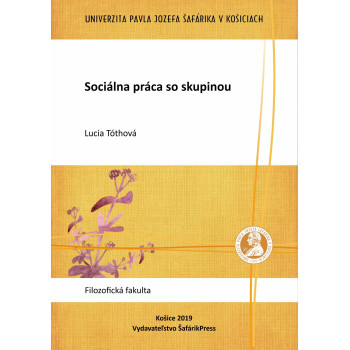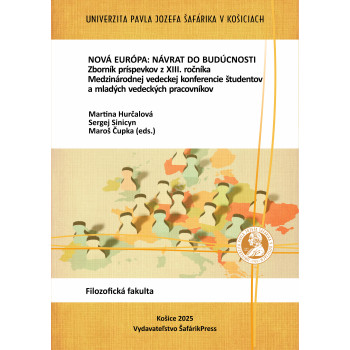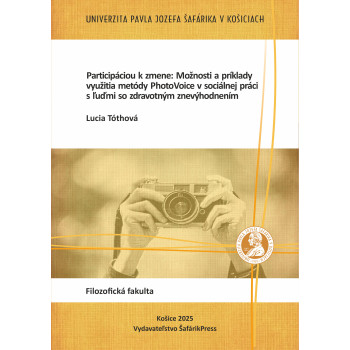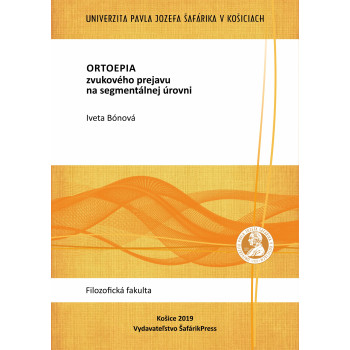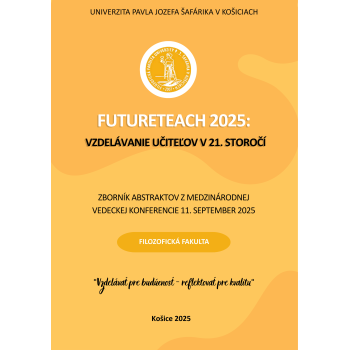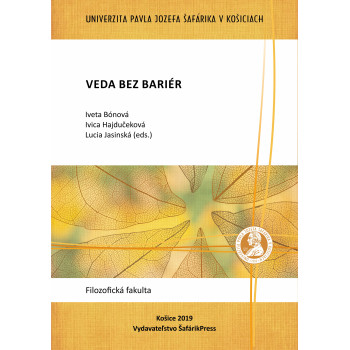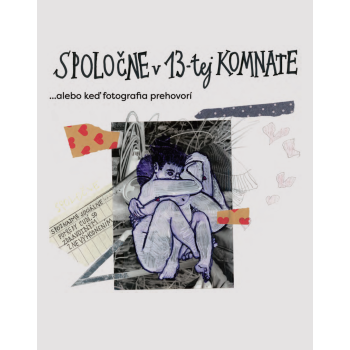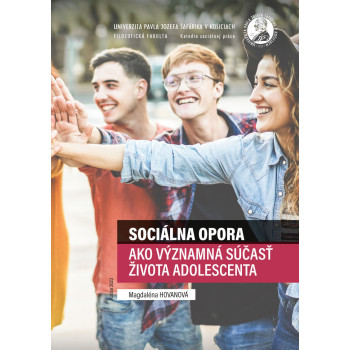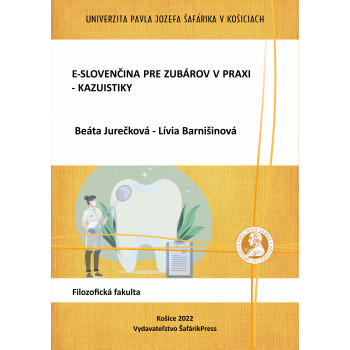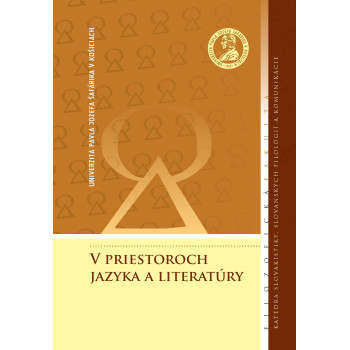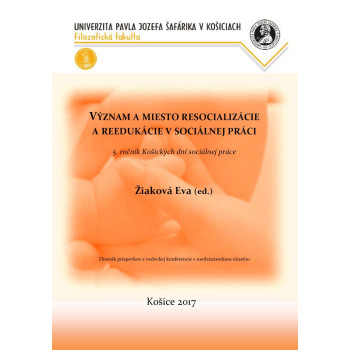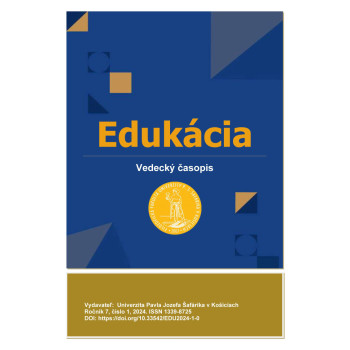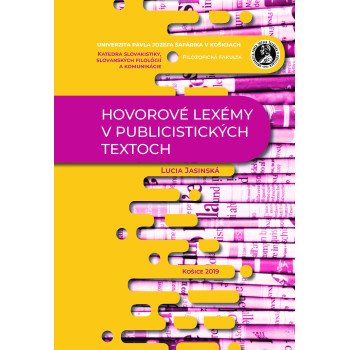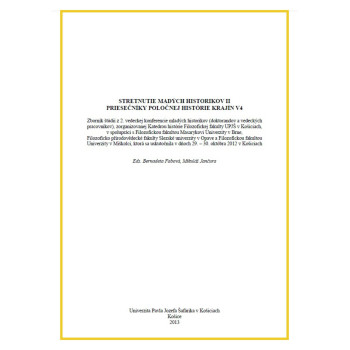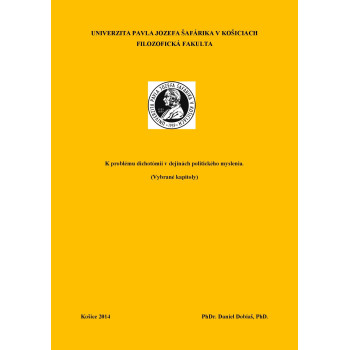
Časová perspektíva a vybrané aspekty na cieľ...
E-book
Overview of the Issue and Meta-Analysis of Conducted Research.
The publication focuses on two key constructs – time perspective and goal achievement. After describing both constructs, the authors focused on potential connections that can be found at multiple levels of analysis. For the purpose of empirical verification, they conducted a small-scale meta-analysis synthesizing results across eleven studies. The obtained results highlighted the role of time perspective in selected aspects of goal achievement. The publication is intended to serve as a catalyst for further consideration of the issue, thereby encouraging research aimed at verifying how the acquired knowledge can be expanded to improve the quality of our daily lives in the context of cultivating our approach to time.
Download e-book for free (pdf)



